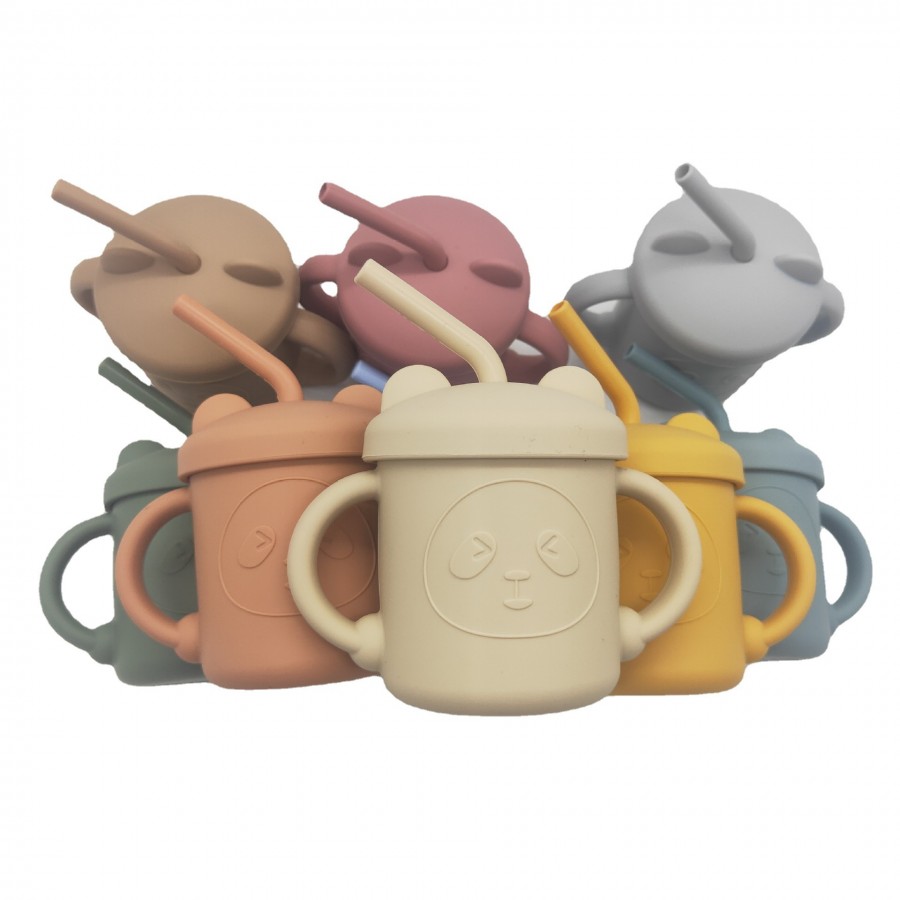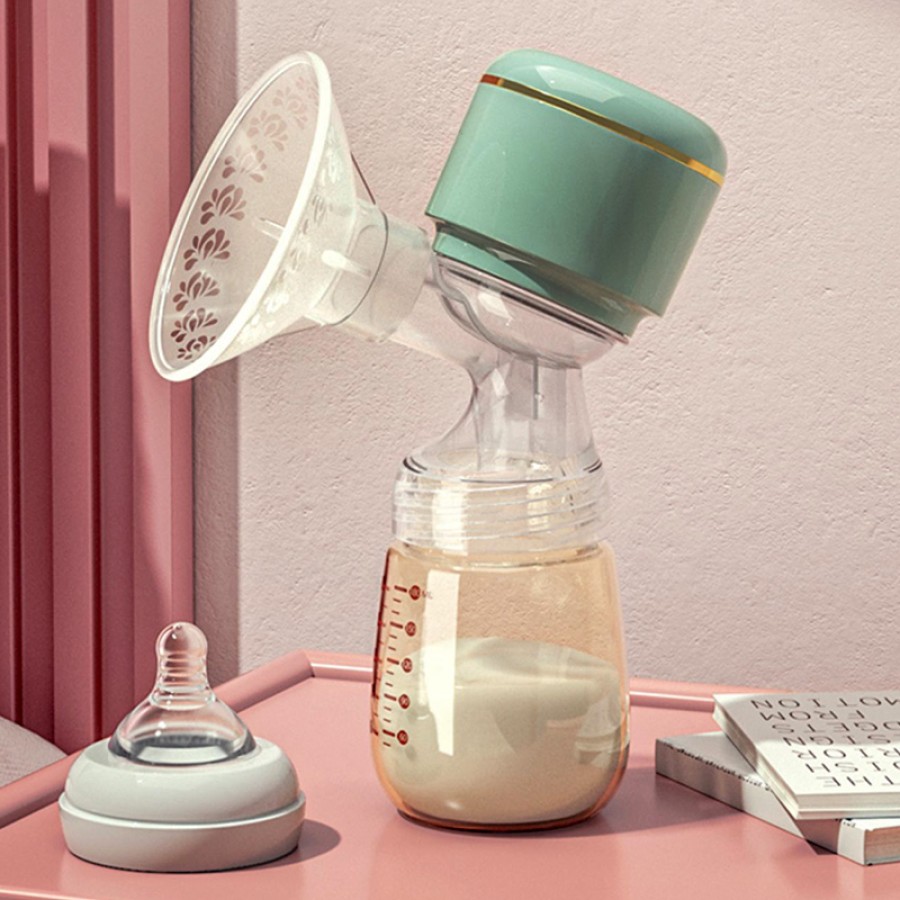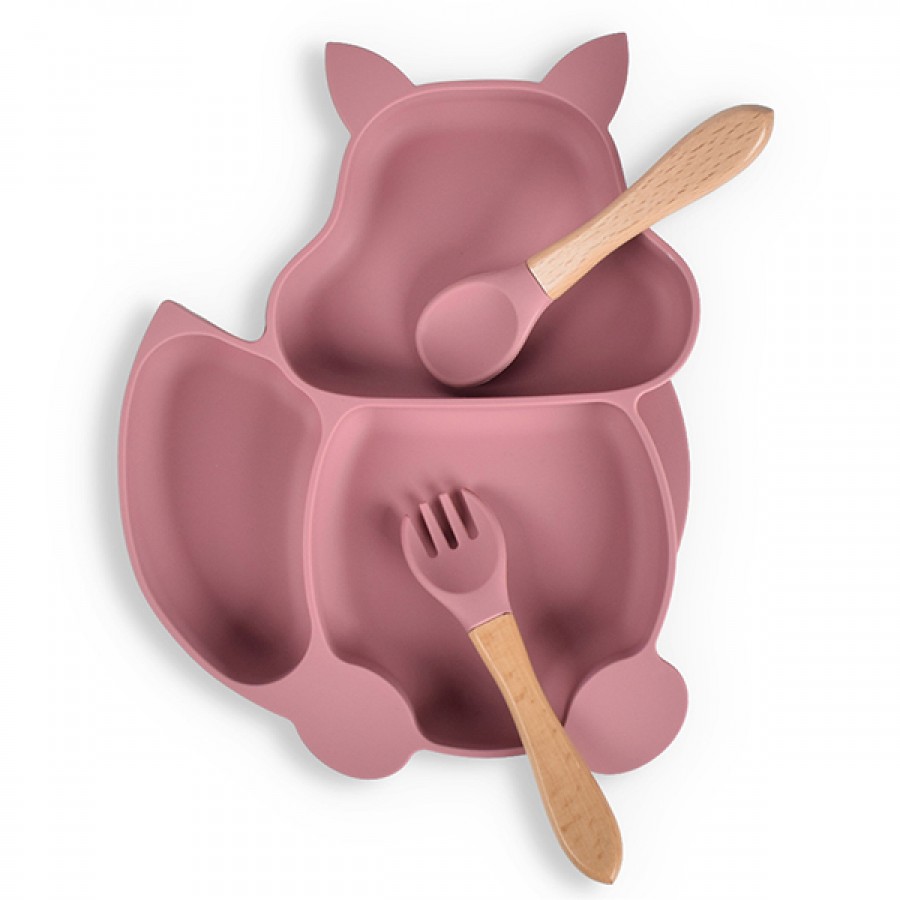In recent years, silicone utensils and baby-feeding items have grown in popularity as safer alternatives to plastic. Silicone baby bottles are among some of the newest and most inventive products that have flooded the market.
Silicone is naturally free from harmful chemicals like BPA, phthalates, and other chemical substances that rank highly toxic on the Environmental Working Group (EWG)’s website.
Besides silicone baby bottles, custom silicone cups, baby feeding utensils, and baby teethers have become ubiquitous over the past few years. The bright, alluring colors, fun designs, and practicality have made silicone products the go-to for many parents who are trying to minimize the usage of plastic in their households. Some of these plastic products contain carcinogens and endocrine-disrupting chemicals.

Due to its hygienic and hypoallergenic properties (it has no open pores to harbor bacteria), flexibility, lightweight and easy-to-clean, food-grade silicone can be a safe and convenient alternative to plastic.
As silicone is a very soft material, baby feeding utensils made of silicone won’t crumble or break into several sharp pieces when dropped, making them safe for your toddler. Plus, they are odorless and are easier to clean and store. These advantages make silicone a great material for snack containers, cooking utensils, bibs, milk bottles, pacifiers, bottle nipples, mats, and bath toys.
Whether you are looking to purchase a baby milk bottle or a silicone breast pump, always opt for silicone products that are made from the best silicone materials, such as those manufactured by Newtop Rubber.

Newtop Rubber uses food-grade and medical-grade liquid silicone materials to produce high-quality products. As a source manufacturer, they have better price advantages than intermediate traders and stricter quality control.
A product needs to pass through several rigorous phases in order to be FDA-approved. Food-grade silicone products that are FDA-approved are made from a non-toxic type of silicone that does not contain any chemical by-products, making them safe with food, for cooking, and for babies. They are safe for use in devices such as ovens, microwave ovens, stoves, freezers, and dishwashers.

Many health organizations such as Health Canada state that there is still no conclusive evidence that silicone baby feeder products are unsafe. The organization promotes silicone baby feeders as a safer alternative to plastic as they don’t react with baby food or beverages or produce any hazardous fumes. They advise buying only approved premium-grade silicone-based baby spoon feeder products.
